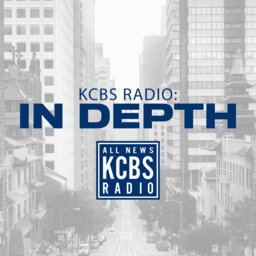Studying the State of Labor, As Labor Day Approaches
Summer vacations are over, children are returning to school, and another Labor Day is upon us. For many, it is a time to pause and reflect on the nation's workforce and the state of labor today. What have the most recent decades meant for the labor movement? If earlier generations bore witness to a strong union tide, what has become of it? "It's been a hard time for labor unions," said this week's In Depth guest, Jesse Rothstein, professor of public policy and economics at the University of California, Berkeley, with affiliations in the Department of Economics and the Goldman School of Public Policy. He is also the director of the Institute for Research on Labor and Employment (IRLE); the co-director of the California Policy Lab; and the co-director of the Opportunity Lab. He previously served as Chief Economist at the U.S. Department of Labor and as Senior Economist with the Council of Economic Advisers, Executive Office of the President, both in the Obama Administration. He discusses with this week's In Depth host, Rebecca Corral, a change in culture, how legal decisions have impacted the labor movement, and whether there has been an overall "change in norms" as they pertain to labor. It's impossible to discuss the state of labor in the United States without also considering wages--including lower end wages--where there has been some growth, thanks to minimum wage increases. How does a tight labor market factor into the equation? Over perhaps the past four decades, there have been some wage increases, especially in the late '90s, but otherwise lower end wages haven't "gone much of anywhere." And, of course, that's particularly the case in the public service sector.
 KCBS Radio In Depth
KCBS Radio In Depth


